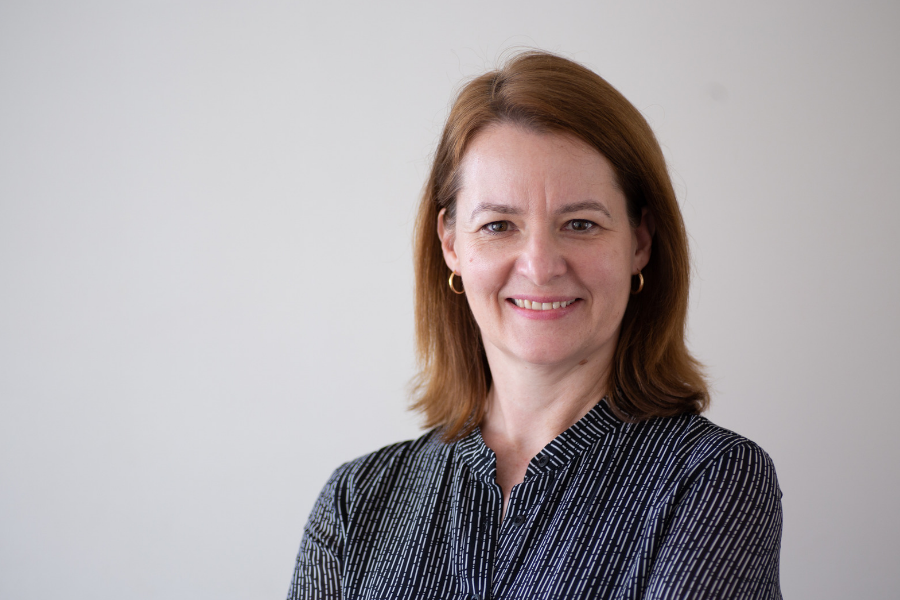From helping patients find the right specialist to telehealth platforms connecting those in regional areas to psychologists, Australia has seen a steady stream of online health startups launch over the last few years.
Among the bigger names to make its way in the space is Coviu, which has seen steady growth since it spun out of the CSIRO.
Raising $1 million from the CSIRO’s venture capital arm, Main Sequence Ventures, last year, the platform now boasts around 2,000 clinicians, including GPs, physiotherapists, speech pathologists, and psychotherapists.
This growth has seen the Coviu team look at further expanding its features and use cases, with PhysioROM the latest. PhysioROM is a new solution aiming to help patients receive physical rehabilitation from their own home by automating and standardising the calculation of their range of motion via webcam.
Originally born out of a healthtech hackathon in Sydney, PhysioROM analyses video recorded during an in-person visit, and then applies post-detection to video recorded via webcam to calculate a patient’s range of motion.
Dr Silvia Pfeiffer, cofounder and CEO of Coviu, explained that knee replacement surgery is an area with one of the longest patient wait times for elective surgery in Australia, with the average patient having to wait almost eight months for an operation.
“Over 52,000 total knee replacement surgeries were conducted in 2017, which is a 37 percent increase since 2005. Serious inefficiencies in the healthcare system are then caused by the fact that patients are staying in hospital for longer than required after these surgeries,” she explained.
“In fact, when compared to other countries, Australians are staying in hospital 30 percent longer after an operation to receive in-house rehabilitation services. This is extremely costly and takes up much needed hospital bed space.”
 Coviu has received a $1.18 million Cooperative Research Centre Project grant from the Federal Government to help further develop and test PhysioROM with partners Data61, allied health clinic HFRC, and the The School of Sports Science, Exercise and Health (SSSEH) at the University of Western Australia.
Coviu has received a $1.18 million Cooperative Research Centre Project grant from the Federal Government to help further develop and test PhysioROM with partners Data61, allied health clinic HFRC, and the The School of Sports Science, Exercise and Health (SSSEH) at the University of Western Australia.
According to Dr Pfeiffer, the participation of Data61 will help improve the accuracy and automation of the ROM algorithms, HFRC will provide 30 patient cases for a randomised controlled trial to analyse the accuracy, and clinician and patient satisfaction with the ROM algorithm, and the SSSEH at the University of Western Australia will validate the ROM results and publish the research.
“Taking a collaborative approach with these types of projects is critical. There is so much research, clinical validation and regulatory work to be done in the AI space, and as a startup it definitely makes sense to work together with the experts,” Dr Pfeiffer said.
Beyond knee replacement surgery, the startup will look to extend the use of PhysioROM to other joints and other orthopaedic surgeries, as well as other uses in physiotherapy.
“It could well be used to track the progress on exercises even for cancer rehabilitation,” Dr Pfeiffer said.
The ultimate goal for Coviu is to bring fairer access to healthcare for everyone, and make healthcare more scalable through technology.
“We have a limited number of clinicians and we are working them really hard. Technology has traditionally looked mostly towards tracking patient progress better – often at the cost of making clinicians work even harder on documentation tasks in computers. However, clinicians go into healthcare to work with humans, not with machines, so this development has led to a disconnect between patients and clinicians – to the detriment of both,” Dr Pfeiffer said.
“As we deploy video visits, we can bring back that human connection. We can automate documentation tasks since the patient visit is already in the digital space and make the lives of clinicians and patients better.”
Image: Dr Silva Pfeiffer. Source: Supplied.




















Trending
Daily startup news and insights, delivered to your inbox.